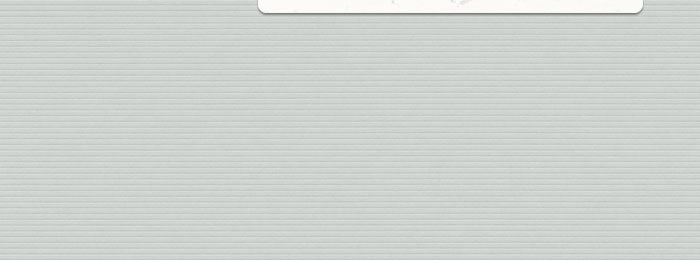What Is Criticism? What Is Theory?



Everything you do as a reader involves criticism and theory. But how can that be? What do these terms mean? What do critics do? What do theorists do? What is the relationship between criticism and theory?
Friday Reading Assignments:
Before reading, you may want to gloss the major writing assignment (described below) that will grow out of your reading and our discussions.
-
 Lois Tyson [Handout]
Lois Tyson [Handout] -
 Roger Webster [Handout]
Roger Webster [Handout]
Optional reading, but very worthwhile:
-
 John Lye: "The Problem of Meaning in Literature"
John Lye: "The Problem of Meaning in Literature" -
-
 "Theory Checklist: A Working Document"
"Theory Checklist: A Working Document" -
-
 "The Differences Between Literary Theory and Criticism"
"The Differences Between Literary Theory and Criticism" -
http://www.brocku.ca/english/courses/4F70/crit.vs.theory.php
-
-
 Bennett's "Readers and Reading." It's in your required textbook.
Bennett's "Readers and Reading." It's in your required textbook.
Friday Short Writing Response:
Type passages from Webster and Tyson (provide page numbers) and any of the other reading options that define criticism and theory. In other words, find passages that answer the question, "What do "critics" and "theorists" do?" This means you need to choose appropriate verbs because that's what I'm going to ask you to do in your first essay.
Please categorize or organize your citations. Put all your "What do theorists do?" quotes in one section and all your "What do critics do?" in another.
Although you don't need to, you can create a third section called, "What is the value of theory?' in another section. This might help you eliminate "What is the value of theory?" from your "What do theorists do?" section.
Essay #1: Theory and Criticism: What's the Difference?
-
 Due next Wednesday, January 30 at noon via Turnitin.
Due next Wednesday, January 30 at noon via Turnitin. -
 Please note that this is our general pattern: work MWF, then submit essay on following Wednesday.
Please note that this is our general pattern: work MWF, then submit essay on following Wednesday. -
 Please use Introduction Strategy #1.
Please use Introduction Strategy #1.

Consider the following:

theorein [Greek] "to sit in the highest row of the bleachers"; "to observe from afar"; "to look, to observe, to reflect"; "to be a (theatre) spectator."
"True criticism is creation, a recasting of the work of art, more conscious than the original and more
transparent."
--Marcel Raymond
"Spectator" connects us to the Latin specere which means, "to inspect" and "speculation," "to look for gain" and "to reflect, to ponder." It's also connected to "speculum" or "mirror."
"Unless we can ask theoretical questions--larger questions about the origins of knowledges, who holds them, and how such knowledges were formed and might be changed--we're stuck in a go-nowhere exchange of opinions: he said, she said. This is, perhaps, where theory does something, where it becomes productive or useful for asking reflexive questions about how things work and how they might work differently."
--Jeff Nealon
Gilberto Perez:
We need theory to organize our observations and make sense of our experience. But, in turn, theory needs the test of experience. We must check a theory against the evidence, and we must be prepared to give and take with what we observe. Theory, hand in hand with experiment, sometimes theory leading the way, sometimes experiment: That is how theory works in science. ... In the study of the arts, what takes the place of scientific experiment is what we call criticism. Criticism is the eye that perceives, the mind that apprehends the sensibility that takes in the actual work of art.
Jeffery Nealon and
Susan Searls Giroux:
"The point of theory might be better stated as "everything is suspicious." Everything comes from somewhere, exists, and functions in a particular context or set of contexts; there's no such thing as a "natural fact." Call that overly skeptical if you want, but it's theoretical point number 1, and the arrow that gives direction to the rest of this book: Nothing should be accepted at face value; everything is suspect."

